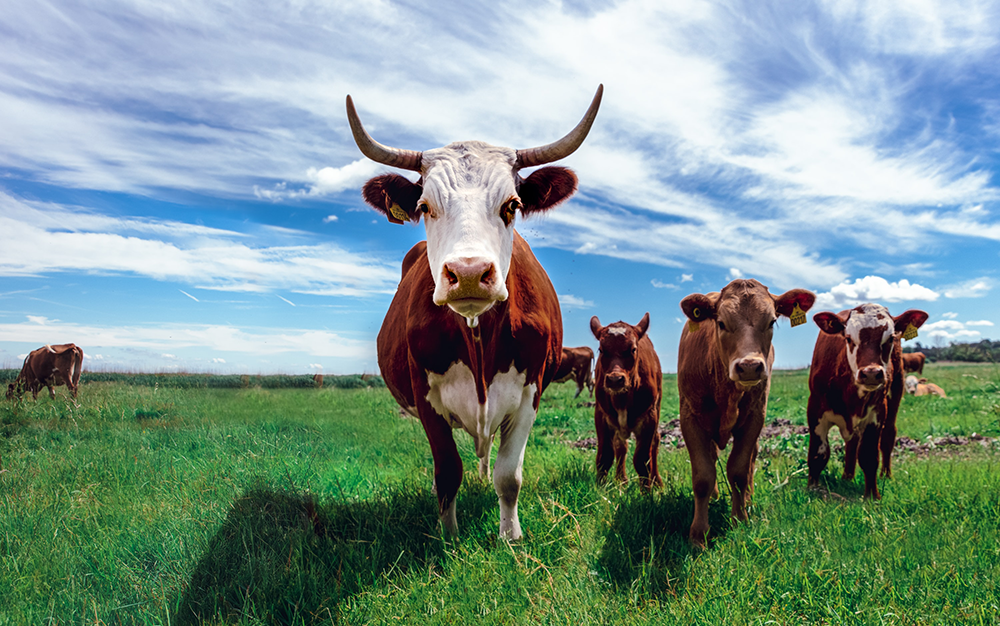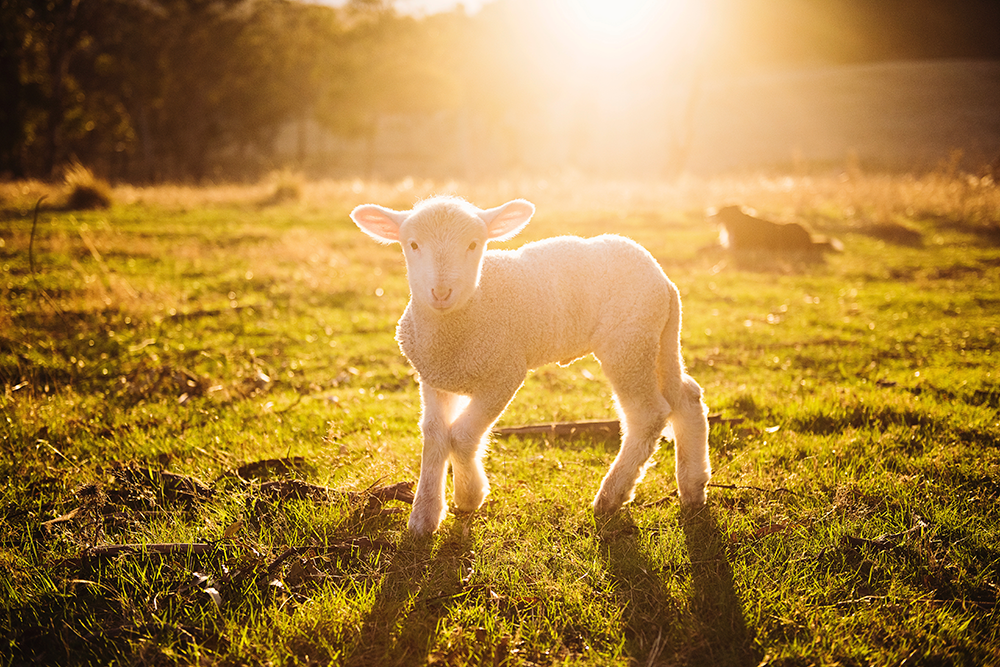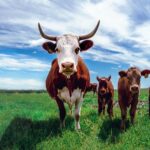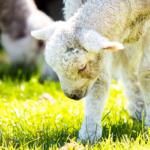The Revd John Ryder considers the meaning of Lent and why it is a particularly opportune time for Christians to explore animals and animal issues.
As a child I was taken to the Ash Wednesday service every year and was encouraged to give up ice-cream for Lent. It still took me quite a while to work out that the name for this ecclesiastical season is taken from the Germanic name for the season of the year during which Lent falls: Spring. (Growing up in the Southern Hemisphere where it was Autumn could possibly help explain this tardiness.)
But the tie between Lent and Spring is not co-incidence: it is important. A lot of the symbolism during Lent and Easter is based on the season of the year, symbols often taken from the pagan celebrations of the time and given a new Christian meaning. Easter Eggs are the most obvious example.
You may well know this. Perhaps less well known is the ancient tradition that the first day of Creation (a Sunday) was the Spring Equinox. Following the account in Genesis chapter 1, plants were created on the 3rd day, fish and birds on the 5th, land animals and man on the 6th day (Friday). The same tradition held that the recreation of man in the Womb of Mary (The Annunciation) and the Redemption of Man on the Cross (Good Friday) fell on the same day.

These coincidences indicate why it is appropriate to look at The Creation during the Season of Spring or of Lent, and to look at our relationship with ‘the rest’ of created order.
Lent is also a time when we traditionally examine ourselves to be aware of our sins, and to repent of them. And human-driven climate change is just one example where the human race has sinned against God by dishonouring His Creation.
But to get back to that wonderful account of Creation in Genesis Chapter 1. The fact that some think it to be historically and scientifically implausible is not actually relevant: if an historically and scientifically accurate account had been written we wouldn’t understand it now, let alone the original readers of about 4,000 years ago. What matters is the religious, theological and moral implications of this account, which are huge. And I believe divinely inspired; but more of that later.
Firstly we see that God’s creation was good, and anyone can see that it isn’t now. We know that this is largely humankind’s fault, and we desperately need to repent and change our ways.
Secondly an important reason why Creation is no longer good is that we are not following the diet prescribed for us in Genesis 1:29 : “Behold, I have given you every plant yielding seed which is upon the face of all the earth, and every tree with seed in its fruit; you shall have them for food.”
By disobeying and eating meat we not only cause suffering to our fellow creatures; scientists are telling us that the greatest thing any individual can do to slow, and hopefully stop human-driven climate change is to give up the consumption of meat and dairy.
We also cannot feed our ever-increasing population on an animal-based diet – it is hugely wasteful of resources. It is also not as healthy. And affordable meat production is the main driver of antibiotic resistance.
And then there is disease and pandemics. Most if not all pandemics come from our consumption of animals. And history tells us that if we get a bacterial pandemic which is resistant to antibiotics the death rate will be about 30-60%. (With Covid it is about 1%.)

I said I would get back to Divine Inspiration. None of these facts were known, or even guessed at when Genesis was written. But we now know what harm not following the diet of Genesis 1 has done and continues to do to humanity and to our planet.
And thirdly and most importantly, three verses earlier in Genesis (1:26) we are told: “Then God said: Let us make man in our image, after our likeness; and let them have dominion over the fish of the sea, and over the birds of the air, and over the cattle, and over all the earth, and over every creeping thing that creeps upon the earth.”
Many have used this as an excuse to abuse the rest of creation, especially their fellow animals, as they see fit. Actually it has the opposite meaning, and this to the Christian should be obvious. There are many Gospel passages that could be quoted but two stand out:
John 13:13-15: “You call me Teacher and Lord; and you are right, for so I am. If I then, your Lord and Teacher, have washed your feet, you also ought to wash one another’s feet. For I have given you an example, that you also should do as I have done to you.”
Luke 22:25-27: “And he said to them: The kings of the Gentiles exercise lordship over them; and those in authority over them are called benefactors. But not so with you; rather let the greatest among you become as the youngest, and the leader as one who serves. For which is the greater, one who sits at table, or one who serves? Is it not the one who sits at table? But I am among you as one who serves.”
In the exercising of our lordship over the rest of Creation we must not do as the “kings of the Gentiles” do, rather we need to follow our Lord’s example of humble, loving service.
In this Springtime season of Lent, there is plenty of reason, both scripturally and pragmatically to penitentially examine our and our community’s relationship with our fellow animals and the rest of the created order; and with the hope of Easter lying ahead, to see what we need to change in ourselves, and what we need to try to change in our Church and in the world around us.
The Revd John Ryder is a retired vicar, formerly of All Saints, Godshill, Isle of Wight and spokesperson for Christian Vegetarians and Vegans UK




